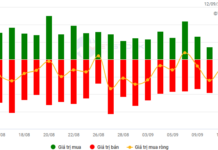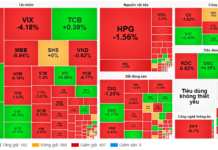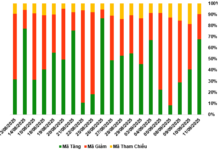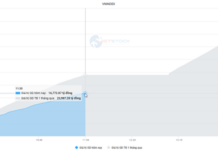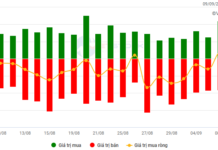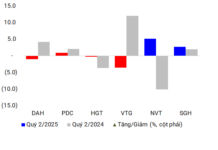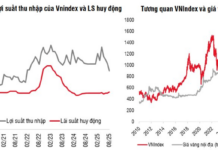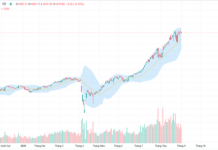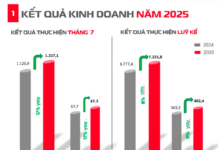TOYOTA IS SLOW TO BUILD ELECTRIC CARS
In the context of an increasingly urgent effort to protect the environment, many countries and regions have set a roadmap for electrifying transportation to reduce greenhouse gas emissions. These regulations and policies have prompted car manufacturers to take action to ensure that vehicles meet increasingly stringent emissions standards.
In addition to reducing engine displacement or adopting new technologies to reduce fuel consumption, using electric motors is also a good solution. Many companies have started electric car startups, such as Tesla, or have invested heavily in electric vehicles, such as Hyundai and General Motors.
However, while the electric car market is experiencing volatility that has made electric car manufacturers struggle, Toyota, a brand often associated with being slow to build electric cars, is still profitable despite having a very small number of pure electric car models on the market.
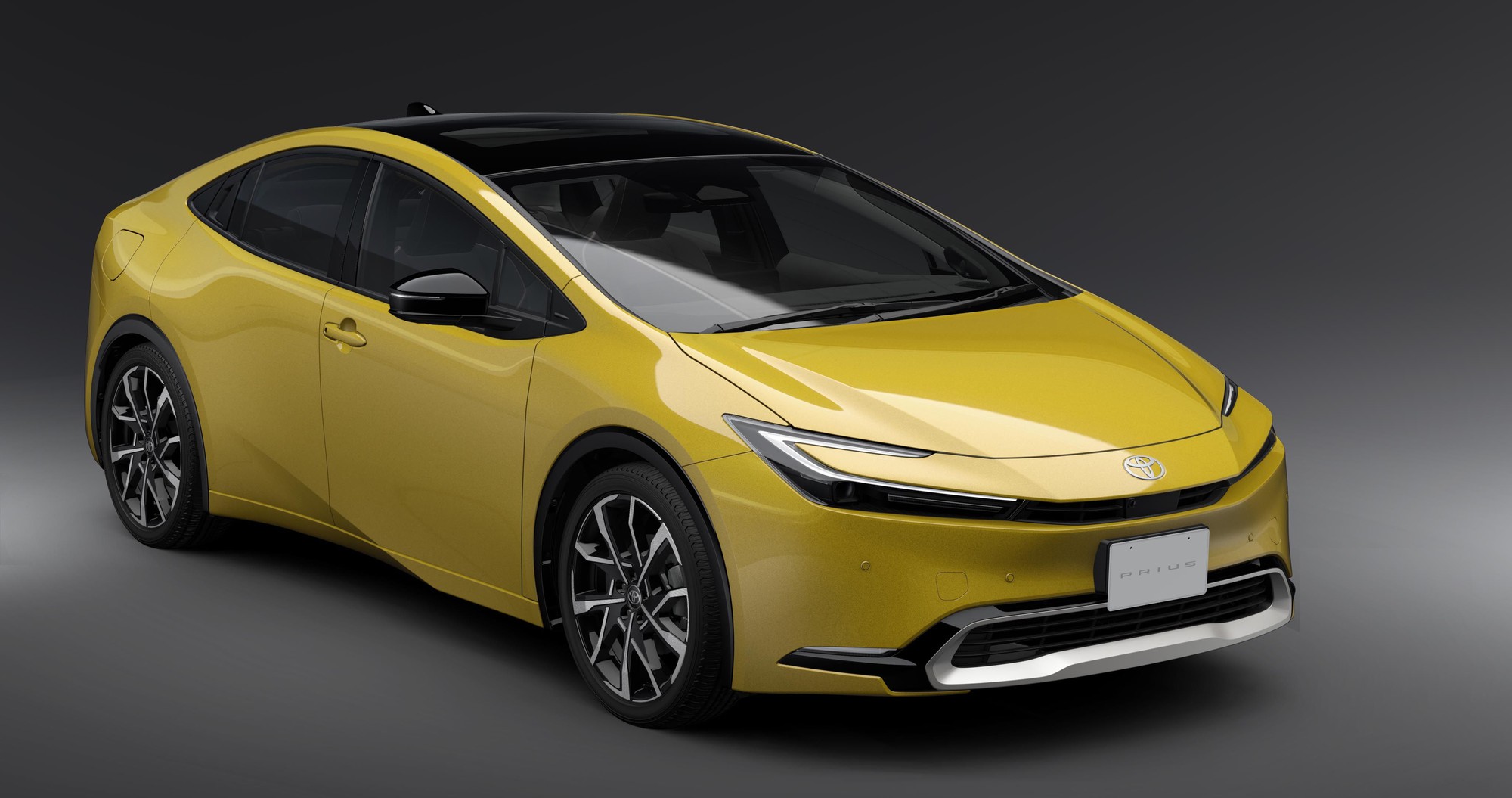
Toyota Prius 2023.
This was mentioned in an article in The New York Times.
Toyota is often associated with lagging behind in the race to build electric cars, lagging behind competitors such as Tesla, General Motors, Ford, and even foreign brands such as Hyundai and many Chinese brands – all of which invest heavily in electric vehicles.
Toyota has faced a lot of criticism, with the Japanese automaker being accused of moving too slowly; currently, the company only has two electric car models (to be more precise, one model, sold under both the Toyota and Lexus brands), not including a model developed in partnership with China specifically for that market.
Meanwhile, the company has dozens of hybrid models.
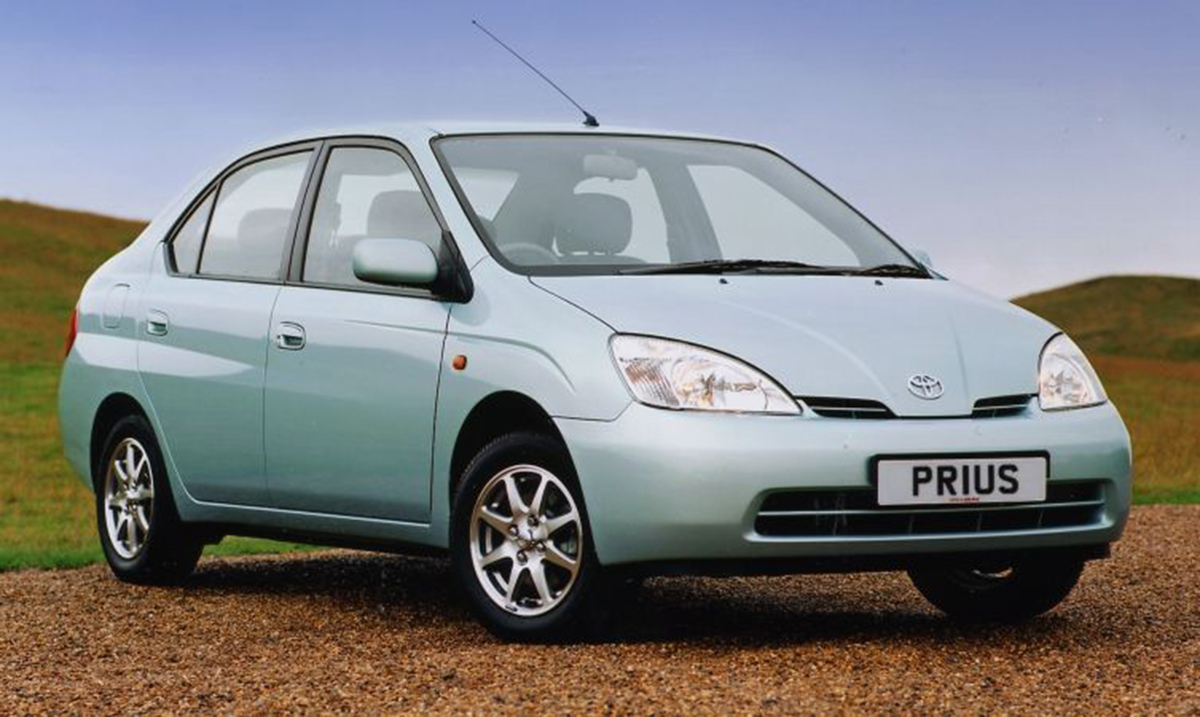
The first-generation Toyota Prius in 1997.
However, amidst this wave of criticism, the electric car market is making players in this field worried: Electric car sales growth is slowing down, while hybrid car sales are increasing – at least in the US (the second-largest car market in the world) as fuel prices rise and emission standards tighten.
In addition to these factors, electric cars still have to face challenges such as high prices, limited charging infrastructure, and the anxiety of running out of power on the road for users.
As a result, Toyota’s sales and profits have increased, with the company reporting significant profit growth compared to the previous year.
THE FUTURE IS HYBRID
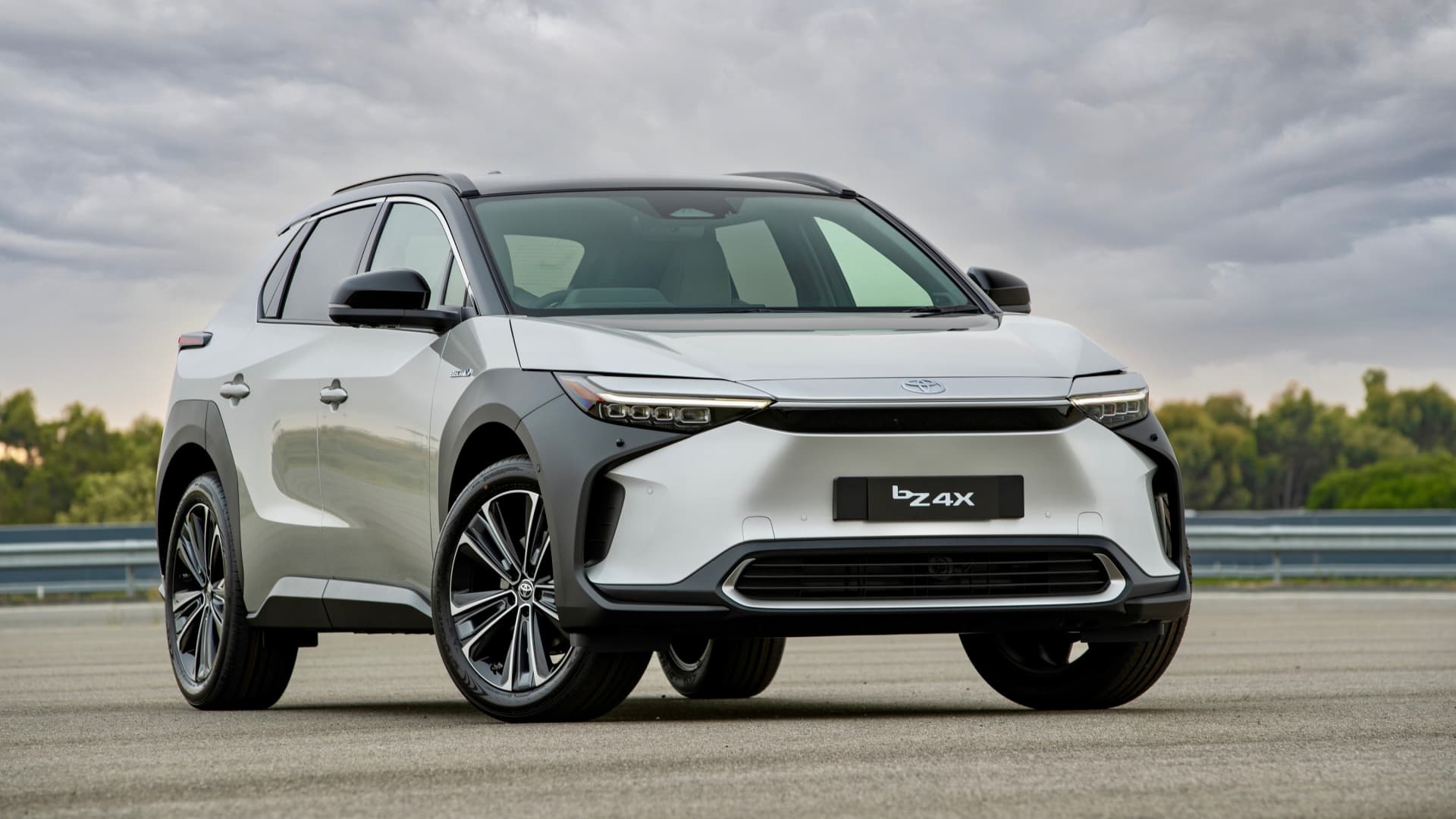
The first pure electric vehicle from Toyota is the bZ4X.
Toyota is currently considered the world’s leading car manufacturer. Last year, the company sold more than 11 million vehicles – 6 times the sales of Tesla.
Toyota has gradually risen to become the leader in the auto industry for over 2 centuries, with the first milestones appearing when the company began importing small cars to the US, then building factories, and later introducing luxury vehicles under the Lexus brand to compete.
Previously, Elon Musk had criticized hybrid cars, saying that a vehicle with two powertrains was pointless. In an interview, the billionaire compared hybrid cars to amphibians when organisms on Earth transitioned from living in the sea to living on land. There used to be many such amphibians, but in the end, there were very few survivors.
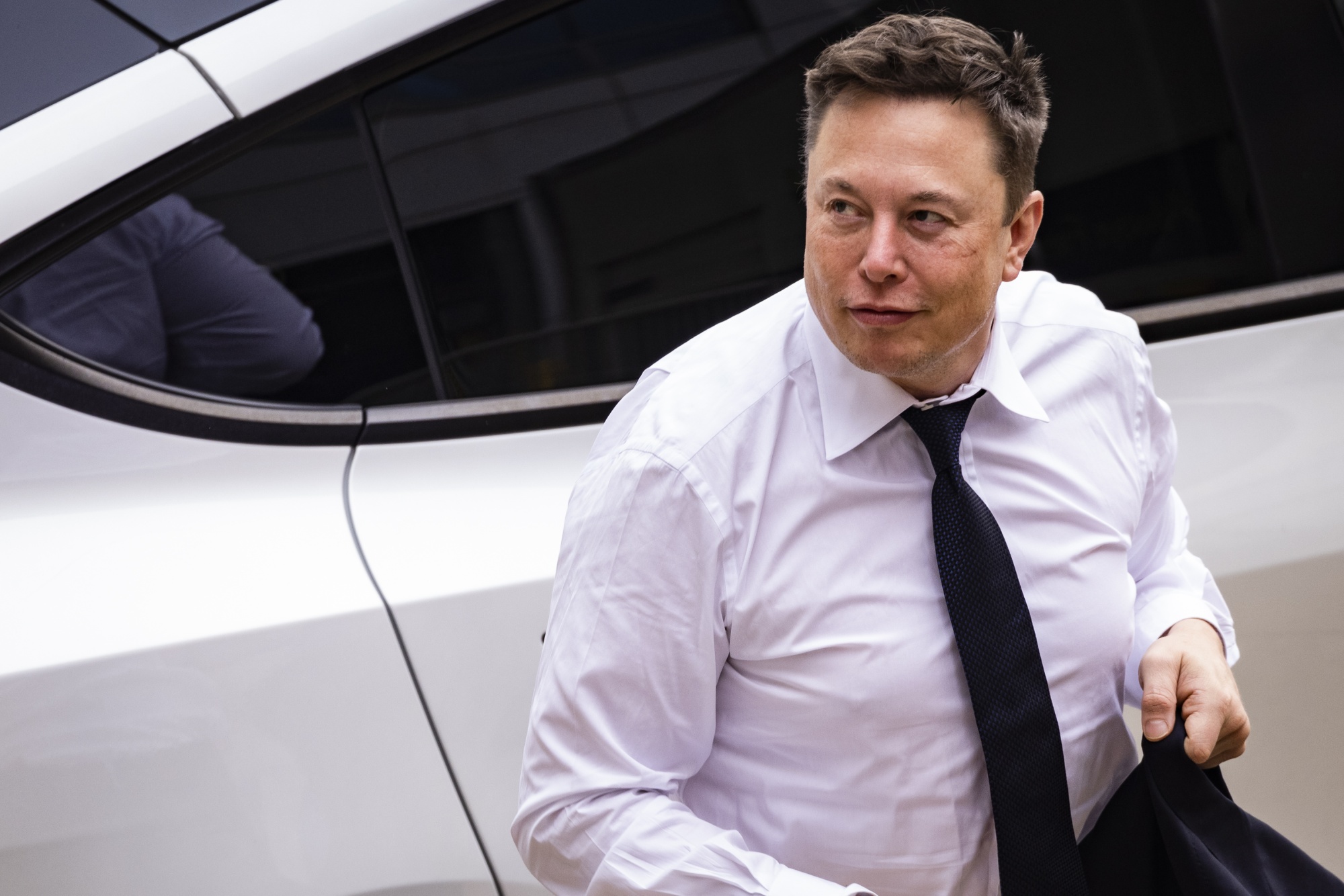
Elon Musk has long expressed his views against hybrid cars.
However, Toyota’s strategy is still bringing in huge profits. Dozens of Toyota’s hybrid models currently contribute about 30% of total sales. In the first 2 months of the year in the US, Toyota’s sales increased by 20% with hybrid cars (both HEV and PHEV) increasing by 83%.
In the 9 months from April last year, Toyota earned $27 billion in profit – nearly double the previous year. In contrast, Tesla earned $15 billion in 2023, a 19% increase from 2022.
WILL HYBRID CARS BE THE FOCUS OF TOYOTA IN VIETNAM IN 2024?
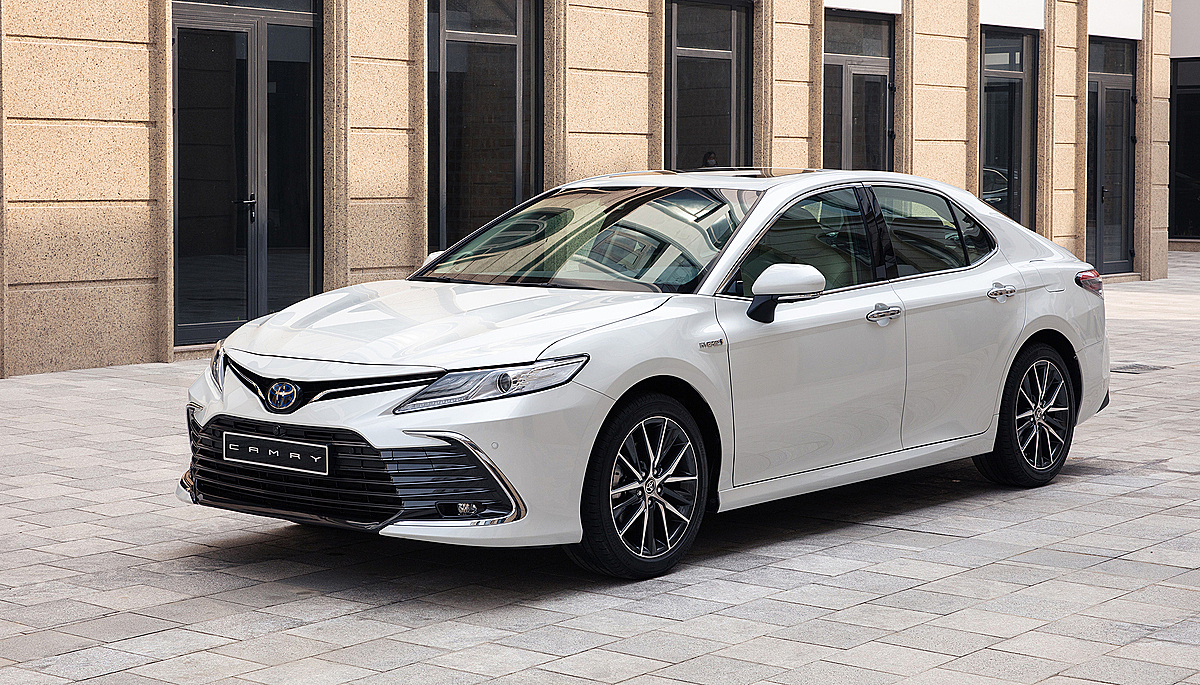
Toyota Camry is one of the first hybrid models introduced by the company in Vietnam.
Toyota’s hybrid car strategy may show that there are cautious approaches suggesting that electric vehicles may not be the only option for reducing greenhouse gas emissions.
Hybrid cars with both gasoline engines and electric motors can reduce fossil energy consumption while providing a more enjoyable driving experience with electric motor support. With both gasoline and internal combustion engines, hybrid car owners can avoid the worry of finding a charging station when traveling long distances.
In Vietnam, Toyota is one of the car manufacturers distributing hybrid cars on the market. Officially introduced hybrid car models include the Toyota Yaris Cross, Toyota Corolla Cross, and Toyota Camry.
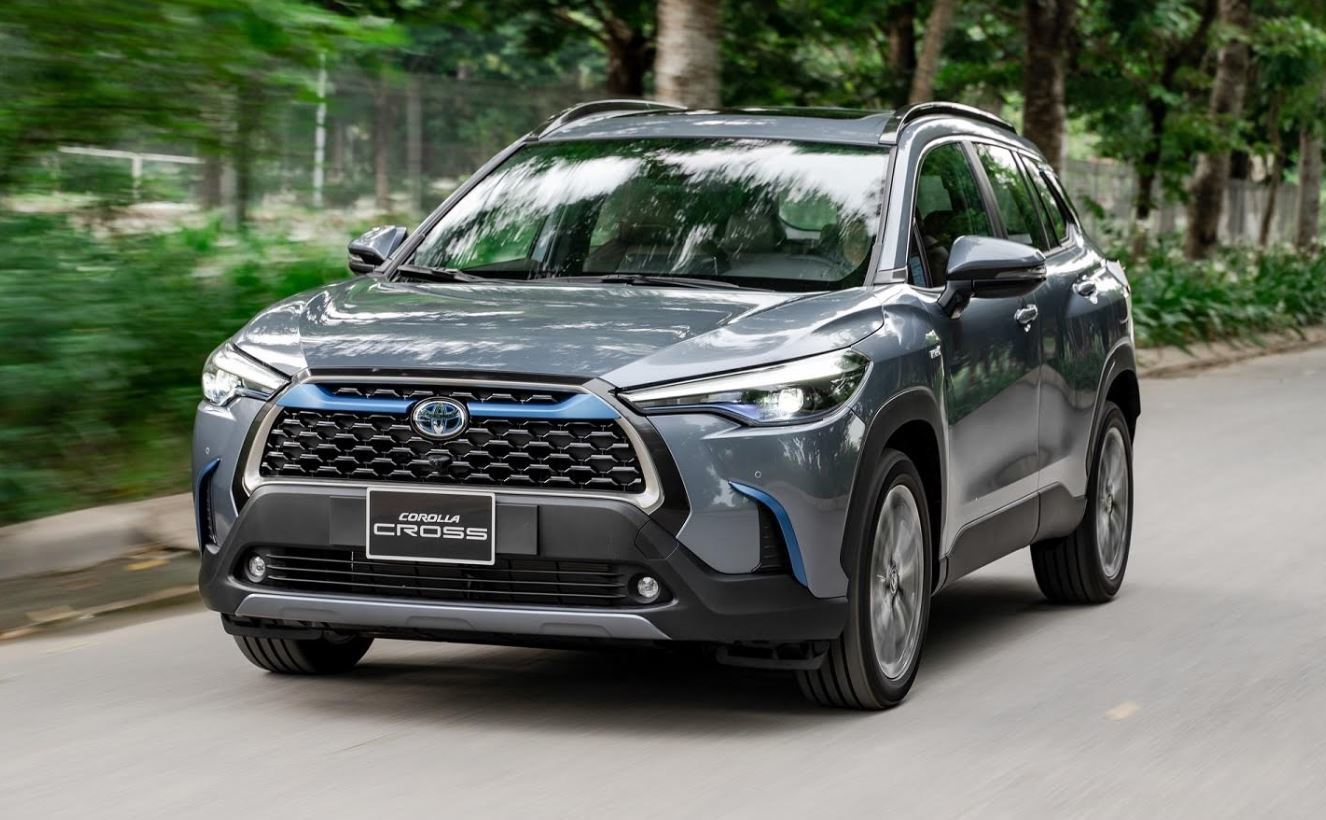
Toyota may introduce multiple hybrid models in Vietnam in 2024.
In an unofficial exchange with the press, a high-ranking Toyota representative revealed that hybrids are the focus of this year; the company may introduce more hybrid models to increase choices.
While not showing much interest in electric cars, Toyota has announced that from 2026 it will introduce about 30 new pure electric car models, in various different vehicle types and segments, from pickup trucks to sports cars.
Toyota introduced its first pure electric car – the bZ4X – at the end of 2022 in Ho Chi Minh City. However, the official distribution of this model in Vietnam is still an open question.

